The whole world is listening
“Go big or go home.”
The Big Ears Festival in Knoxville took that heads-up literally, with more than 200 concerts, literary Q&A’s, films, and even a Mardi Gras parade over the course of the final four-day weekend of March. After a two-year absence due to COVID-19, Big Ears roared back to life with enough energy to launch the Sunsphere into orbit.
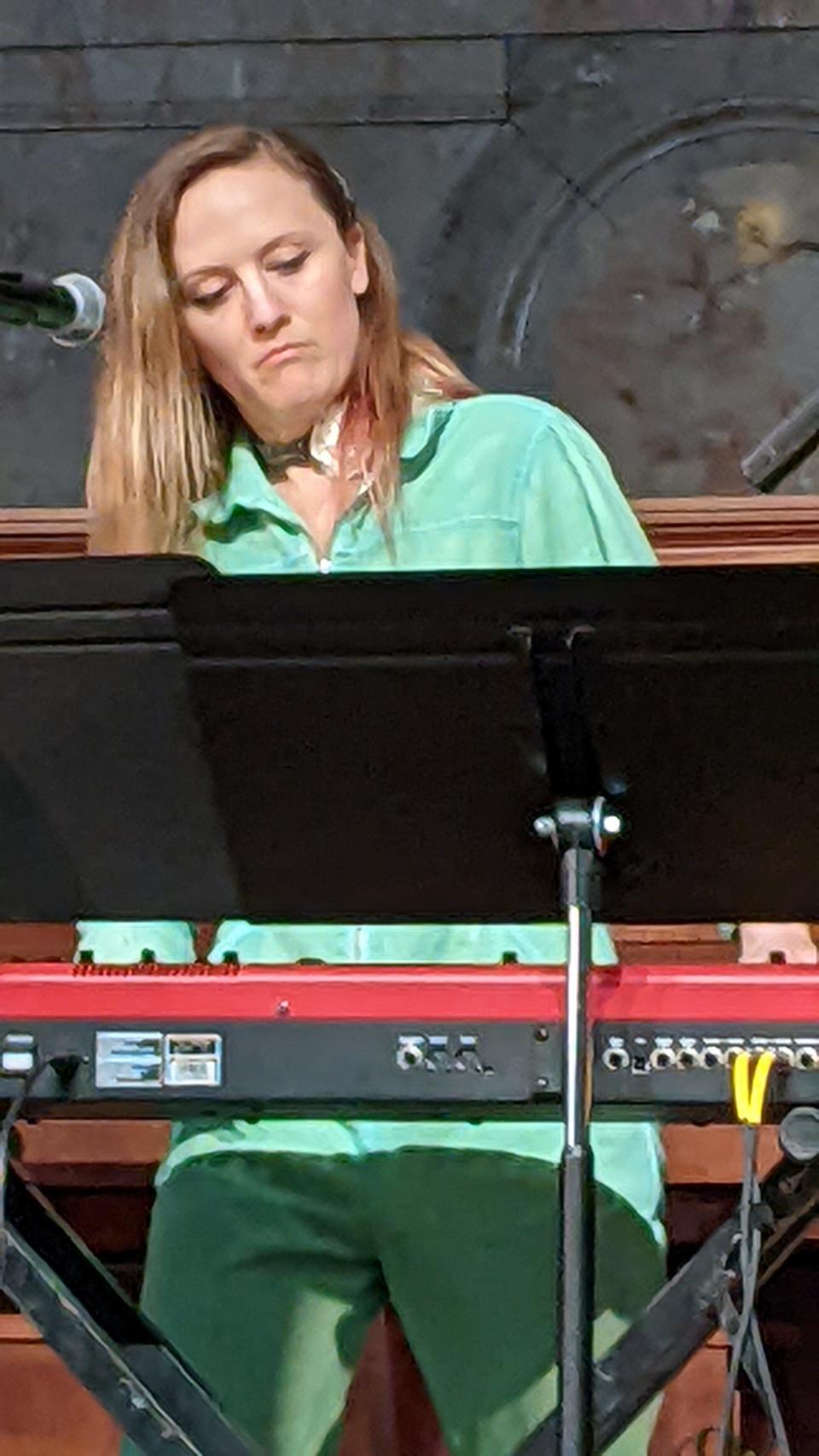
I saw 13 concerts and two unforgettable literary events over this unparalleled weekend. There is so much to write about, I’ll split this article into two parts. Today I’ll describe how Ellen Reid from Oak Ridge accomplished the most unexpected triumph of the entire Festival. The second part, which follows in next Friday’s edition of The Oak Ridger (April 8), will detailed impressions of the other shows I experienced.
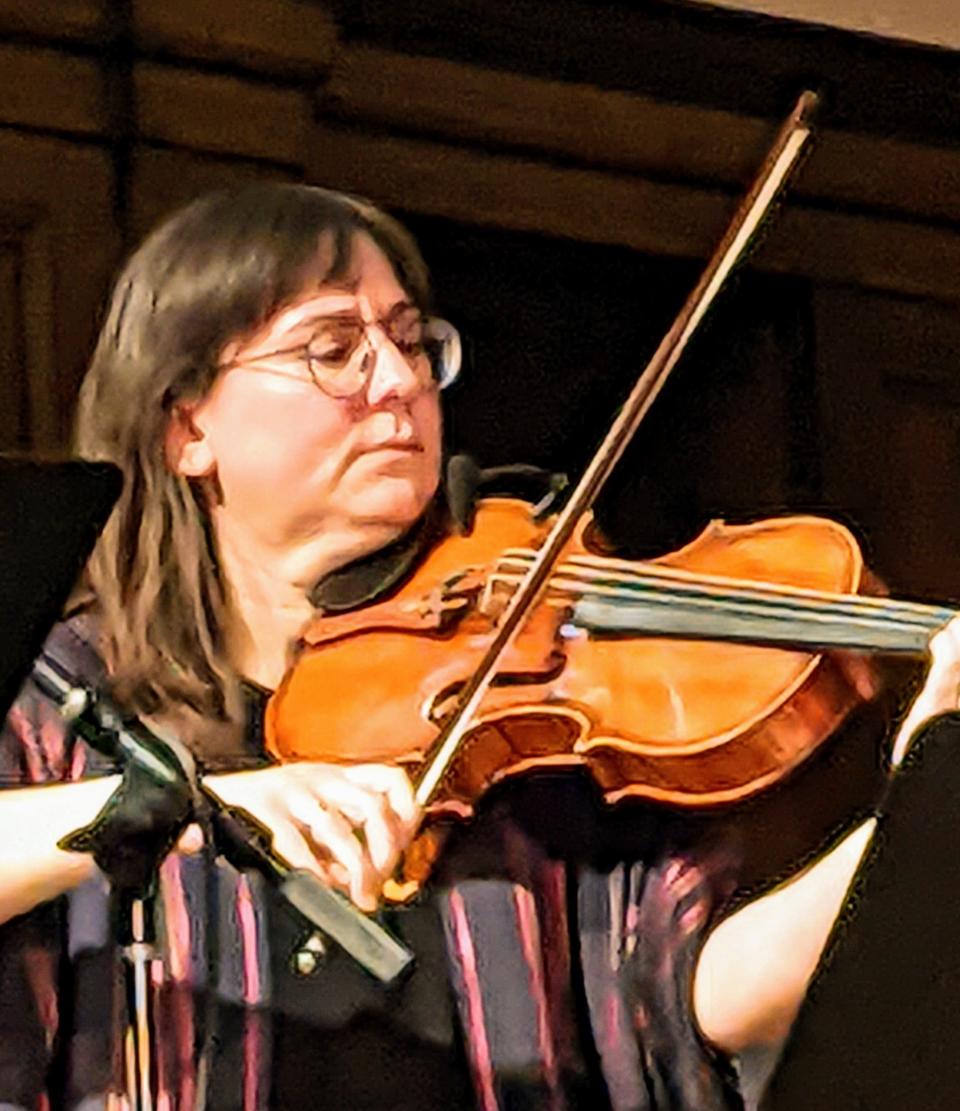
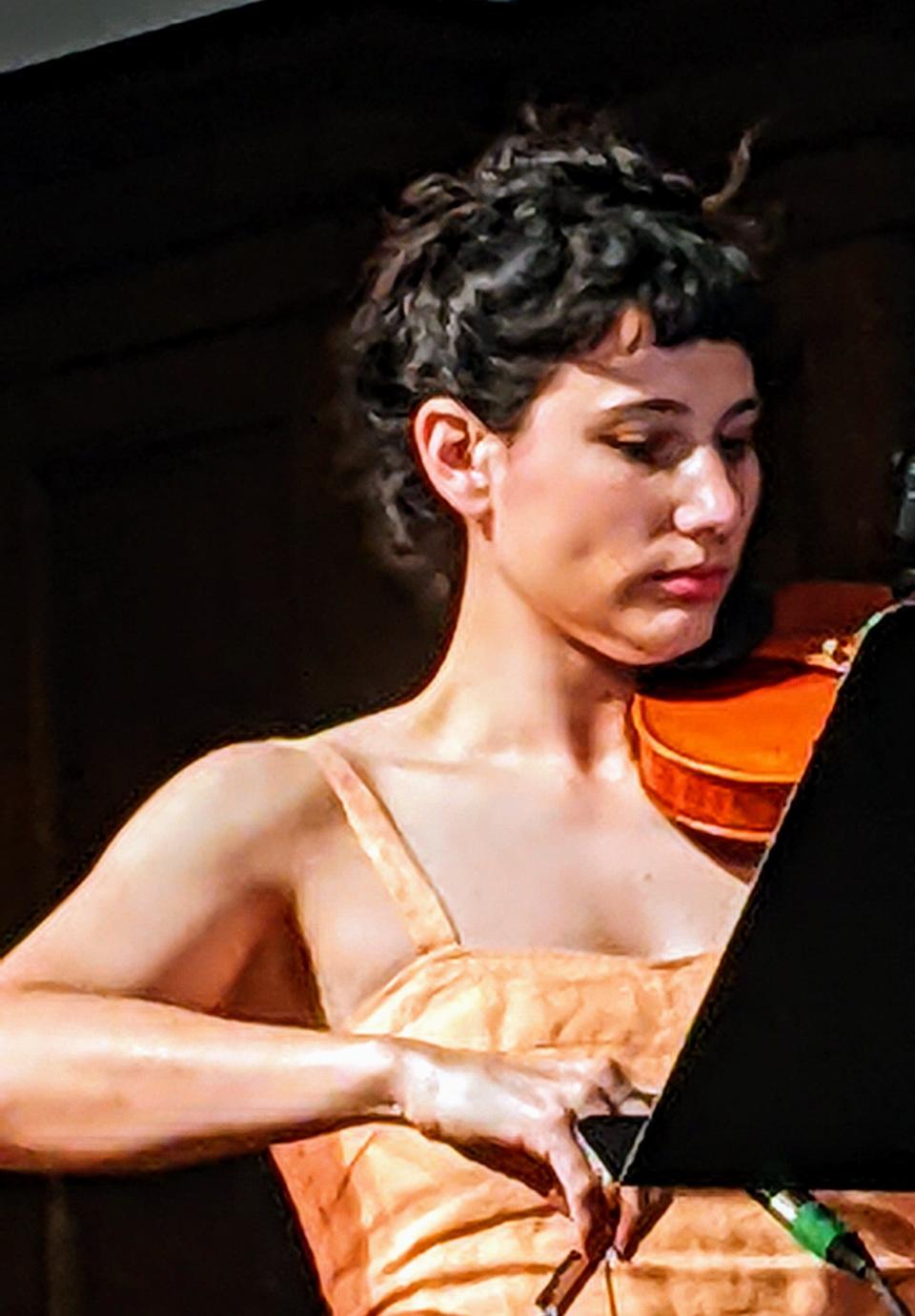
Ellen Reid won the Pulitzer Prize in Music in 2019 for an avant garde operatic work called “p r i s m“ which, to tell its story of sexual and emotional abuse, was envisioned musically, physically, and visually, simultaneously. When she talks about her creative process, Reid never uses the first person. It’s not “I built ‘p r i s m‘ to revel in the magic that is particular to opera.” She always says “We built ‘p r i s m‘.”
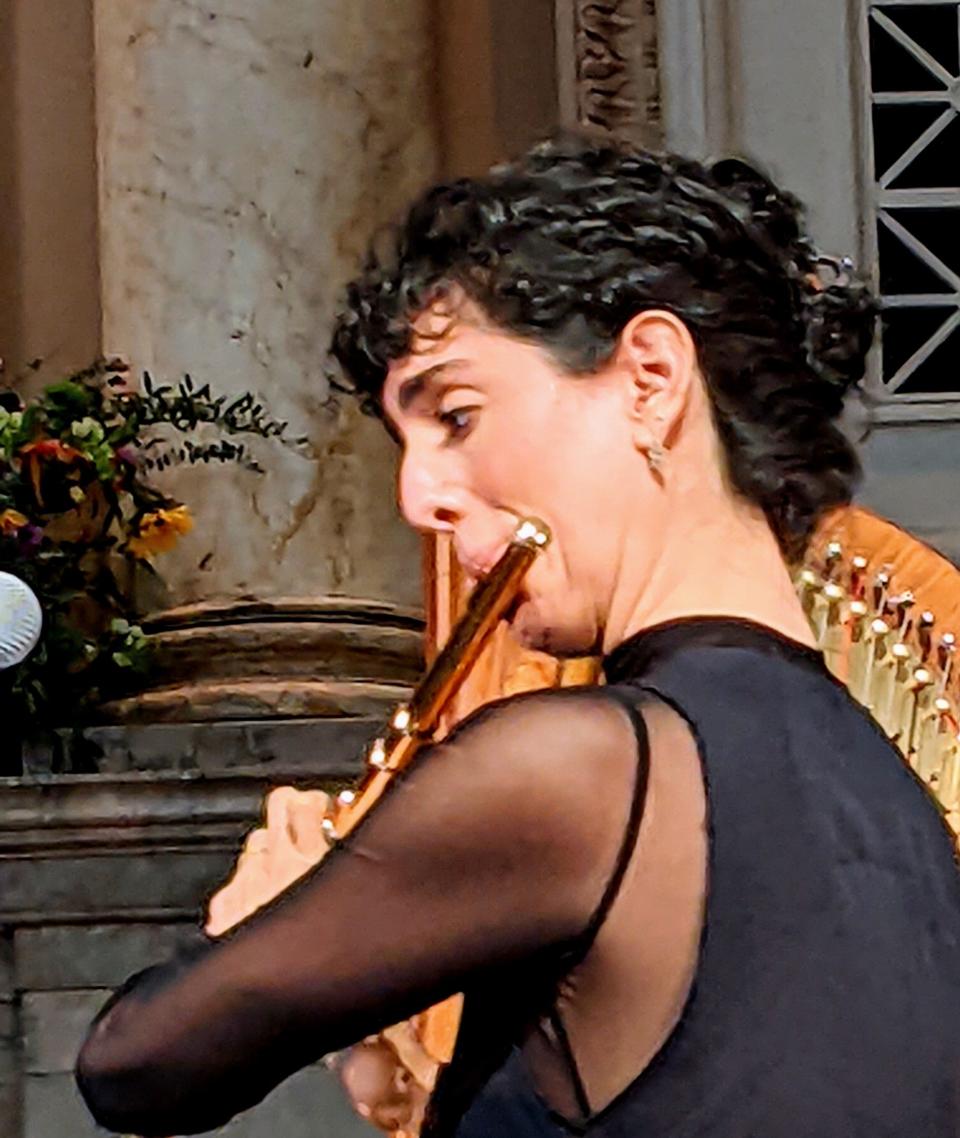
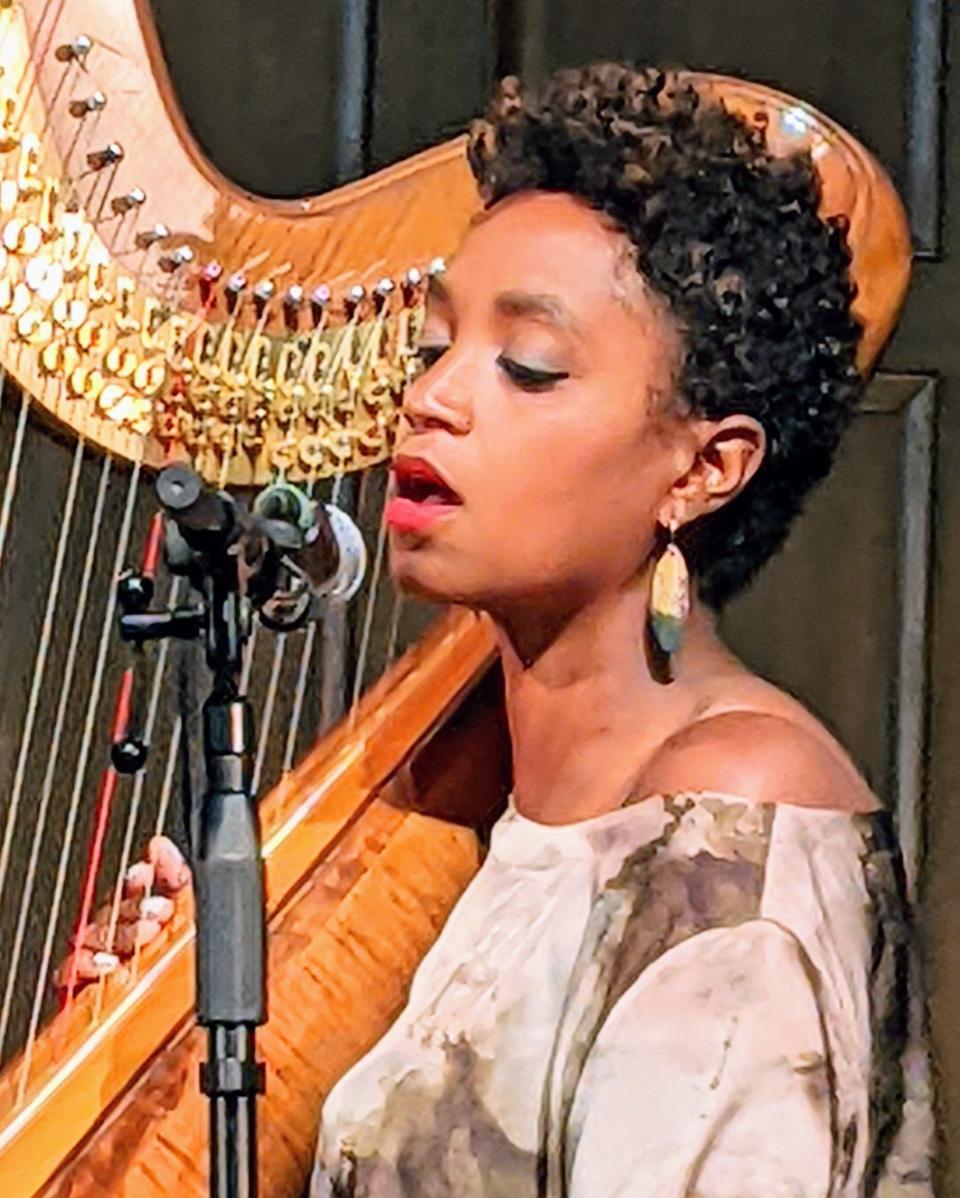
And that says a great deal about how Ellen Reid’s genius unlocks itself. She reacted to the Pulitzer board’s recognition by saying the opera was “a very collaborative piece, and I share the excitement of this honor with the whole team.”
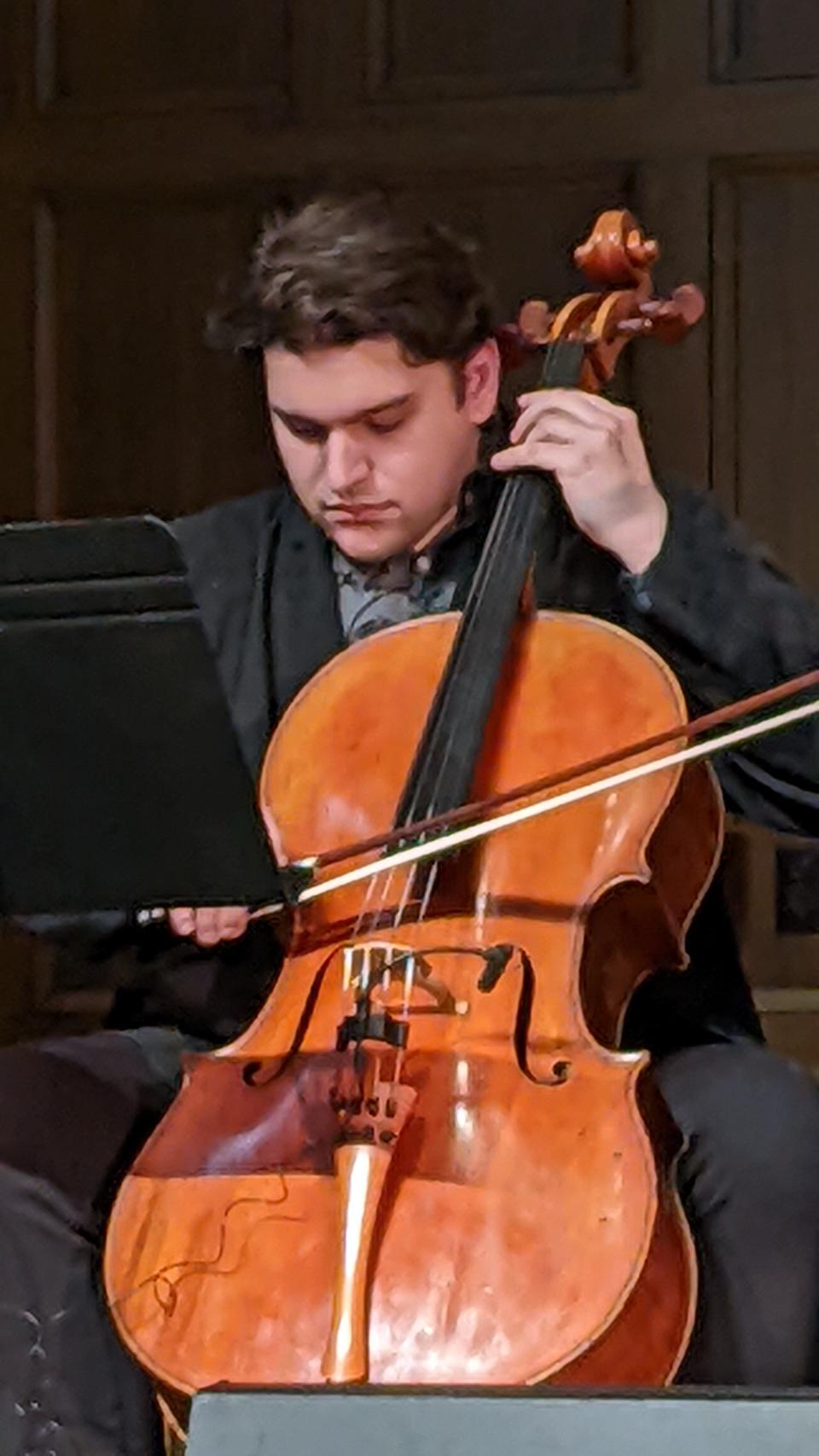
Last Sunday afternoon (March 27), at First Baptist Church in Knoxville, the Big Ears Festival gave Reid a golden opportunity to display the unlimited potential of her collaborative nature, and she hit it out of the park. She turned the church sanctuary into a space as musically sacred as Carnegie Hall.
At the height of the COVID-19 lockdowns and the suspension of all public performances, Reid was challenged by the New York Philharmonic Orchestra to create a work of defiance.
She answered the challenge with “Soundwalk,” a GPS-assisted, app-based composition that is site specific and shaped by the path each listener takes through the environment(s) the composition is custom tailored to illuminate. The piece debuted in Central Park, played by members of the New York Philharmonic. It has since spread to Griffith Park in Los Angeles, Golden Gate Park in San Francisco, and the Ijams Nature Center in Knoxville, among other sites, performed by the Kronos Quartet and other ensembles she has recruited.
A listener downloads the “Soundwalk” app, puts in earbuds or dons headphones, tunes in, and chooses any path they wish through the park. The music, responding to the listener’s GPS-sensed location, subtly changes itself.
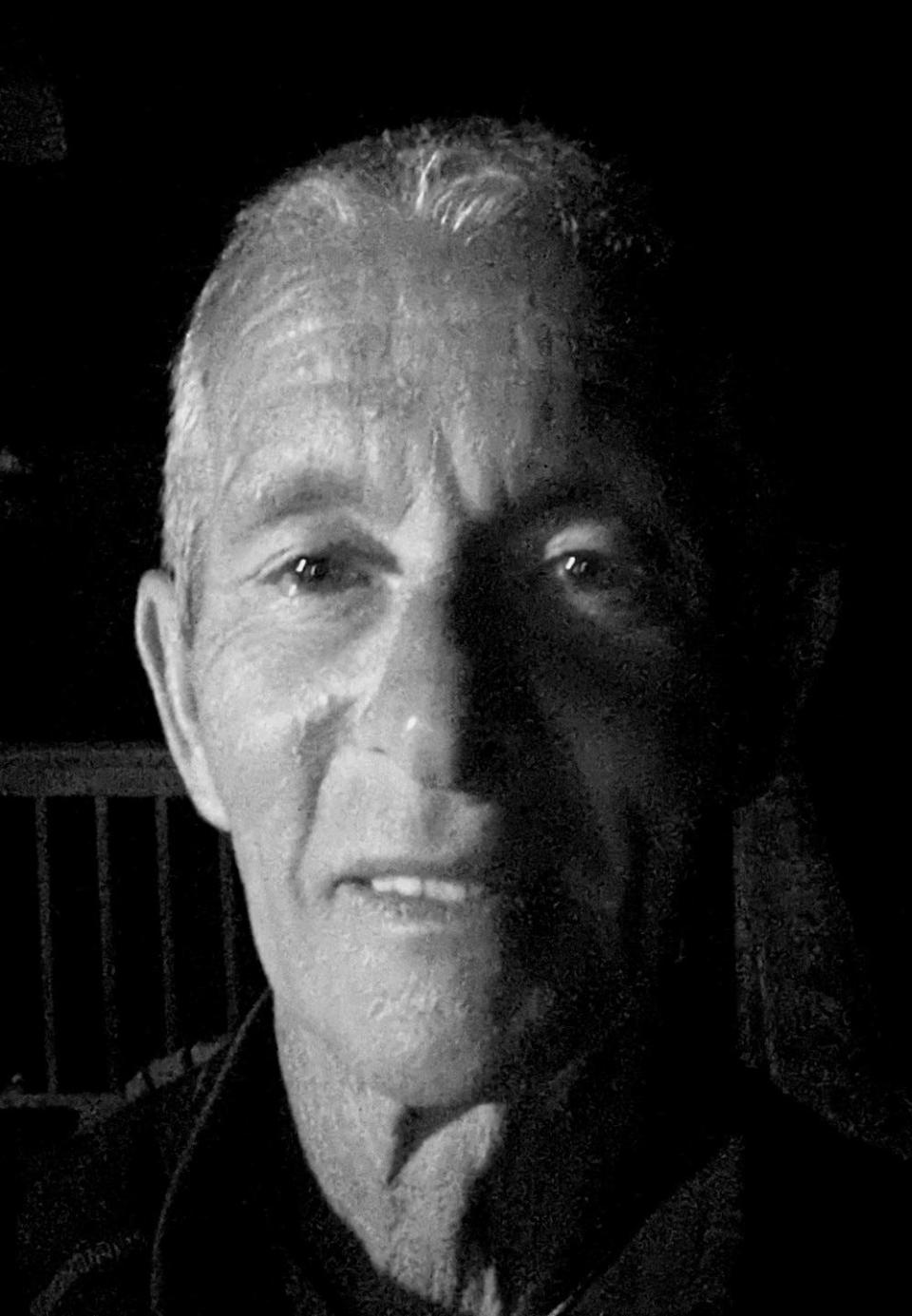
New York Magazine said, “Reid has written a piece that can only be heard in private and in motion, with an obliging orchestra tracking the listener’s steps, letting the listener’s trajectory shape the score rather than the other way around.”
As “Soundwalk” was adapted to more parks around the world in 2021, its basic nature stayed the same. It was an ambient experiment, created by musicians working remotely, independently, and it was experienced by individuals, countless audiences of one, in an utterly different remote modality, with smartphones, earbuds, and meandering paths.
I experienced “Soundwalk” that way at Ijams, and it was instantly clear to me that I could walk around the park with earphones on for 100 days in a row and never hear Reid’s music the way I ached to hear it ... fully realized and breathing the life force it was gasping at as I walked or stood still by the quarry pools and meadows. I wanted it to wash over me, not trickle down my neck. I wanted to swim in it, not dip my toe in it. I wanted it to fly and take me with it.
Ashley Capps and Big Ears invited Reid to bring five of the most brilliantly talented contemporary classical musicians on the planet to join her in performing “Soundwalk” for the first time as a living, breathing, unified, purposeful whole. In concert, the piece became something it wasn’t written to be. In live performance, with a device-free audience, “Soundwalk” experienced an alchemical transmutation into a riveting, brain-capturing landscape of its own making. Greatness attracts greatness, and Reid’s “Soundwalk” sextet spun a new world into being. It was as close to the magic of Nature Herself as any musical experience I have ever had.
Nadia Sirota on viola, Eliza Bagg on violin and vocals, Gabriel Cabezas on cello, Ashley Jackson on harp, Alexandra Sopp on flute, and Reid on synthesizer took their spellbound audience on an atmospheric journey they’ll never forget. I lost all track of time. I couldn’t tell you if the piece lasted 35 minutes or 75 minutes, but I didn’t want it to stop. It was an endlessly evolving surprise, evoking exactly what an astral observer would feel witnessing the birth of a new star from a cloud of dust. I just pray it was recorded for posterity… and for commercial release.
Read the Wikipedia pages for each of the musicians in this performance. They will leave you speechless.
After the performance, I was sitting in my pickup truck in front of First Baptist in the golden late afternoon sunlight scribbling my thoughts down, and to my complete surprise I saw Sirota, Jackson, and Sopp striding by on Main Street, arm in arm, laughing with light-filled hearts at what they had just done, and I raced to get my passenger-side window down to catch their attention. It made them laugh even more as I struggled to find the words to express what I felt. I was completely tongue-tied.
Next Week: Kronos Quartet, Nikki Giovanni, Sō Percussion, Arooj Aftab, Hanif Abdurraqib, Bill Frisell, Julian Lage, Leyla McCalla, Jason Moran, and John Zorn.
This article originally appeared on Oakridger: The whole world is listening

